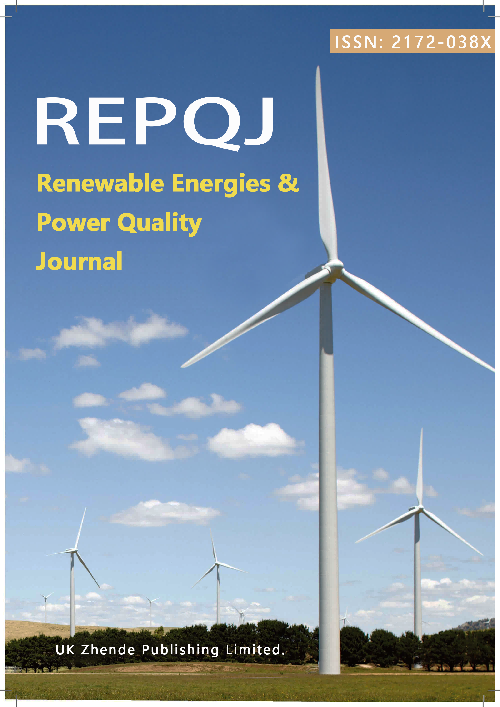Power-Material Storage and Scheduling Optimization via 6G-CPS and Deep Deterministic Policy Gradient
DOI:
https://doi.org/10.52152/4488Keywords:
Deep Deterministic Policy Gradient, Cyber-Physical System, Path Optimization, Warehouse Scheduling, 6G NetworkAbstract
The current material warehousing and outbound management of the power system has problems such as low efficiency, rigid planning, and frequent path conflicts, which lead to material accumulation, regional congestion, and reduced operating efficiency, seriously restricting the stable operation of the power supply chain. In response to this situation, this paper proposes a power material storage and scheduling optimization method based on the deep deterministic policy gradient (DDPG) algorithm and the 6G-enabled cyber-physical system (CPS). In the warehousing stage of power materials, combined with the high bandwidth and low latency characteristics of the 6G network, the CPS system realizes real-time perception and dynamic storage adjustment of material information; in the outbound stage, the DDPG algorithm is used to construct a continuous state-action space, optimize the path planning and dynamic obstacle avoidance of automatic guided vehicles (AGV) equipment, and improve the scheduling efficiency of power emergency materials. Experimental results show that after integrating the 6G-CPS system, the material scanning time is shortened from the traditional 45 seconds/item to 25 seconds/item, and the efficiency is improved by 44%; the optimized path distances of DDPG in simple and complex environments are 7.2m and 8.6m respectively, which are better than the comparison algorithms such as A2C (Advantage Actor-Critic) and A3C (Asynchronous Advantage Actor-Critic), and the convergence speed and reward value are optimal. The research results provide an efficient solution for smart grid material management, which can effectively support the material dispatching needs in scenarios such as new energy access and power emergency repair.
Downloads
Published
Issue
Section
License
Copyright (c) 2025 Jun Zhao, Zengchao Wang, Ming Su, Dongliang Wang, Feng Hao, Kefeng Li, Zihan Li (Author)

This work is licensed under a Creative Commons Attribution 4.0 International License.











